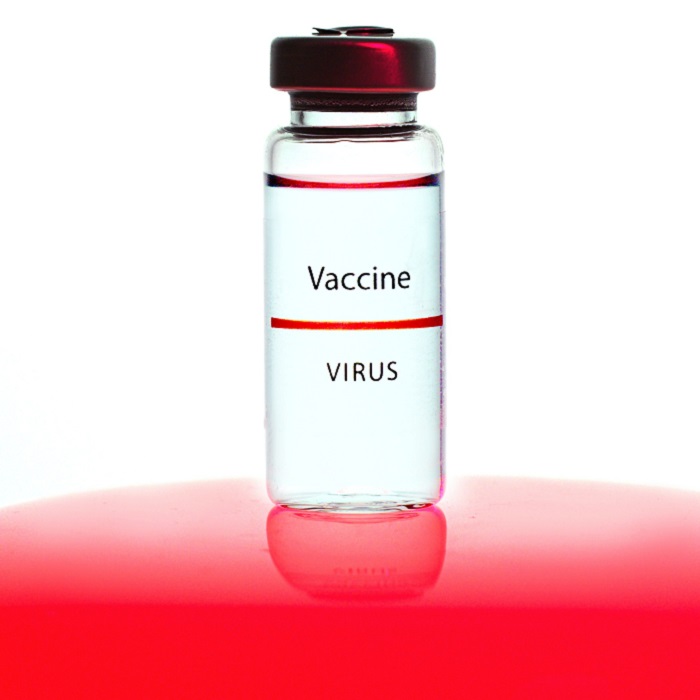The Pitfalls of the Corona Vaccination Campaign
As a doctor in health communication and from direct experience with patients, I am used to communicating with difficult people and asking the most unusual questions. It is precisely for this reason that I decided to support the vaccination campaign and act as a vaccinator in addition to my agency work. Now, on September 26, 2021, the vaccination center closed. That’s why it’s time to share some thoughts about my experience.
Network with Ralf Stoelting on LinkedIn
Sitting one on one with patients, you can’t avoid communication – and therefore you always have to be well-prepared for anything. But if the same questions are always asked of the most diverse vaccination candidates and colleagues, there is obviously something wrong somewhere. Every day, almost all German media talk about digitalization. The education provided during the vaccination campaign could have been a good blueprint for the possibilities of digitization.
Education must never just satisfy formal aspects
At the beginning of the year, the country was still buzzing about the Corona vaccinations: everyone wanted to get vaccinated quickly because of the high incidence figures and the horror reports from neighboring countries, and vaccination dates were scarce and therefore in high demand. Today, however, the tide has fundamentally turned.
Unfortunately, the high level of media attention on the topic has also contributed to this, in which every new development, every newly discovered side effect was examined from all sides for days on end – and the reporting had left the factual level in many cases.
The strong influence of the media on the formation of opinion could be felt in many patient discussions. Here, many of those willing to be vaccinated expressed diffuse fears, for example, of very rare side effects that had previously been circulating in the media for weeks.
It took a lot of time to provide factual information and to dispel the fears that had been stirred up. Here, I would have liked to see the support of educational materials that reach all people in Germany. “A total of 6.2 million adults in Germany have difficulty understanding German texts. For most of them, German is their native language,” ZEIT ONLINE already stated in 2019. In addition, there are the many people in Germany who do not speak German due to their migration background, and some of whom live in their own cultural circles.
Young people often no longer use traditional media, but they can be reached excellently via digital channels. This is where we could have started – because in my experience, all these target groups were reached by fake news, but in overwhelming parts not by real news.
How could the vaccine manufacturers have supported the vaccination campaign?
In my opinion, the vaccine manufacturers, in particular, would have had an opportunity to positively influence the vaccination campaign in Germany. Hardly any other industry in the health sector has more competence in health communication and provides such high-quality information for lay people as the pharmaceutical industry. I would have liked to see the following materials and measures to facilitate education in my vaccination activities:
- Layman-friendly graphic presentation of how different vaccines work in the body in digital form with the option to choose explanations in different languages (For cell phone, tablet and PC).
- Detailed and layman-friendly preparation of the vaccine approval process for different media, which can be accessed digitally.
- Lay-oriented educational material in graphic form to explain difficult facts in a simple way.
- Comprehensible summaries of current studies and their classification by trusted persons relevant to the target group – also available digitally.
- Films for the waiting area of vaccination centers that provide information and show the vaccination process (including the option of selecting the sound individually in the desired language via a link on one’s own cell phone).
- Brochures in a variety of languages that are generally understandable and are given to those seeking vaccination in addition to the formal education sheets to help them understand.
It is clear that all vaccine manufacturers have initially prioritized the provision of sufficient vaccine. But the vaccination campaign in Germany is not over yet. Therefore, it would be a good idea to use the listed materials now to provide an authentic counterweight to all the bad information – and to re-energize the vaccination campaign.
For business-relevant communication content like this, why not sign up for our newsletter “FleishmanHillard Quarterly“, follow FleishmanHillard Germany on LinkedIn, get to know our team on Instagram or visit our YouTube channel.
Find Out More
-
Why we tell the truth
May 23, 2022



